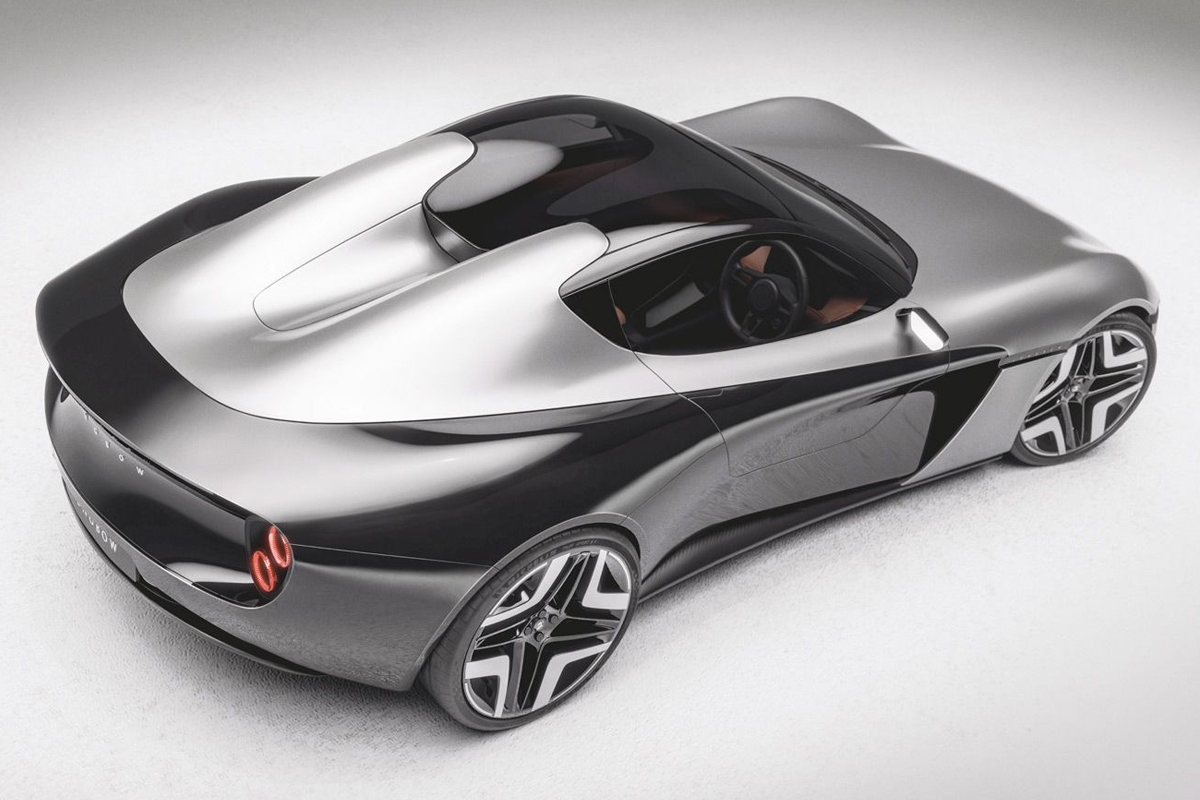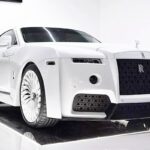
As electric vehicles (EVs) become popular, weight gain has become one of the industry’s biggest challenges. Large battery packs and high-output electric motors have made most EVs weigh significantly more than traditional internal combustion engine cars, compromising performance and efficiency.
However, British startup Longbow is taking a different approach. The company plans to launch two ultra-lightweight electric sports cars — the Speedster and Roadster — by 2026, aiming to keep the vehicle weight below 1,000 kg (2,205 lbs). If successful, Longbow’s models would be among the lightest electric vehicles on the market, presenting a breakthrough for electric sports cars.

How Lighter EVs Could Change the Market
Due to their heavy batteries, most electric vehicles currently have handling and fuel efficiency disadvantages. However, the ultra-light electric sports car being developed by Longbow has the potential to solve these problems. The first effect expected when the vehicle weight is reduced is improved driving performance. The vehicle’s acceleration and cornering ability will improve as the weight is reduced, and braking performance can be significantly improved. This will be an important factor for drivers who want a sports car.
In addition, improved fuel efficiency (electric vehicle fuel efficiency) is also expected. As the weight of an electric vehicle is reduced, the battery efficiency is likely to increase, increasing the driving range. Currently, Longbow is targeting a driving range of 275 miles (442km) based on the WLTP standard, and the lighter the vehicle, the longer the distance it can travel with the same battery capacity. This innovative element can bring about changes for electric sports cars and electric vehicles in general.

Experienced Talent Behind Longbow’s Ambitious Plan
Longbow’s leadership team includes industry veterans from leading EV manufacturers like Tesla and Lucid Motors. This blend of experience in cutting-edge EV development and traditional automotive engineering is expected to give Longbow an edge in both performance and production quality.
However, Longbow’s small production scale presents challenges. While producing hand-built cars in limited quantities may help create exclusivity, it also limits profitability and growth potential compared to larger automakers. Longbow will need to balance exclusivity with financial sustainability to establish itself as a long-term player in the market.

Will Longbow Redefine the EV Sports Car Market?
Longbow’s approach represents a shift from the EV industry’s focus on battery size and driving range to lightweight engineering and driving dynamics.
While lightweight electric sports cars remain a niche market, they significantly influence brand perception and driving culture. If Longbow’s models deliver on their promise of agility, performance, and efficiency, the company could inspire other manufacturers to rethink the design principles of electric vehicles.
Longbow’s ability to secure partnerships with larger automakers or technology providers may also determine its long-term success. If it can solve the weight problem that has challenged EV makers for years, Longbow could set a new benchmark in the electric sports car market.
The question is whether Longbow’s bold approach will pave the way for a new generation of lightweight EVs — or remain a niche curiosity in the broader electric market. Either way, the industry is watching closely.
























